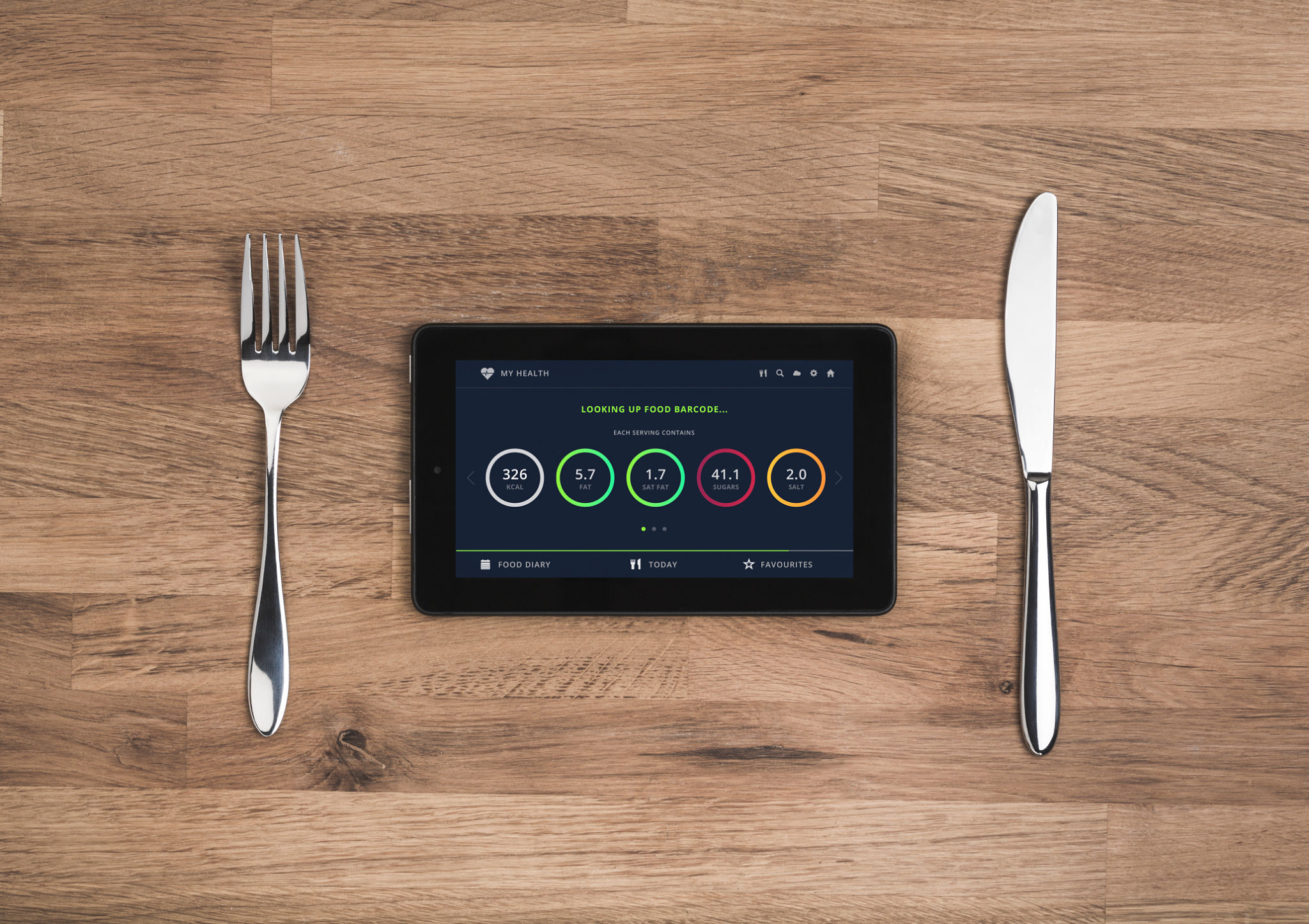How to Create a Personalized Nutrition Plan That Works for You
Understanding Your Nutritional Needs
Creating a personalized nutrition plan begins with understanding your unique nutritional needs. Every person is different, and factors such as age, gender, activity level, and health goals all play a crucial role. The first step is to evaluate these factors to determine what nutrients your body requires the most. Consulting with a healthcare professional or a nutritionist can provide insights tailored specifically to you.
Consider keeping a food diary for a week to identify patterns in your eating habits. This can help you understand your current diet and pinpoint areas for improvement. By recognizing these patterns, you can make more informed decisions about how to adjust your diet to meet your nutritional needs.

Setting Realistic Goals
When creating a personalized nutrition plan, it's essential to set realistic and achievable goals. Start by defining what you want to achieve with your nutrition plan. Whether it’s weight loss, muscle gain, or simply maintaining a balanced diet, having clear goals will guide your decisions.
Break down your goals into smaller, manageable steps. For instance, if your goal is weight loss, you might aim to shed a certain number of pounds each month. This approach makes the process less overwhelming and allows you to track your progress effectively.
Choosing the Right Foods
A personalized nutrition plan should focus on incorporating a variety of foods that provide essential nutrients. Ensure your diet includes a mix of carbohydrates, proteins, and fats, as well as vitamins and minerals. Whole grains, lean meats, fruits, vegetables, and healthy fats are excellent choices for a balanced diet.
It’s also important to consider portion sizes and meal frequency. Eating smaller, more frequent meals throughout the day can help maintain energy levels and prevent overeating. Listen to your body’s hunger cues to avoid unnecessary snacking.

Incorporating Flexibility
While structure is important in any nutrition plan, incorporating flexibility ensures long-term success. Life is unpredictable, and there will be times when sticking rigidly to a plan isn't feasible. Allow yourself the freedom to indulge occasionally without feeling guilty.
Remember that balance is key. If you have a day where you deviate from your plan, don't be discouraged. Instead, focus on returning to your routine as soon as possible. Flexibility helps in maintaining motivation and prevents burnout.
Monitoring Your Progress
Regularly tracking your progress is essential in determining whether your personalized nutrition plan is effective. Keep an eye on how your body responds to dietary changes by monitoring your energy levels, mood, and overall well-being.

Consider using tools like mobile apps or fitness trackers to log your meals and activity levels. These tools can provide valuable data that helps refine your nutrition plan over time. Adjustments are often necessary as your body and goals evolve.
Seeking Professional Guidance
If you're struggling to create or stick to a personalized nutrition plan, seeking professional guidance can be beneficial. Nutritionists and dietitians are equipped with the knowledge to tailor plans specifically for individual needs.
They can offer support and accountability, ensuring you stay on track with your goals. Regular consultations can provide opportunities to tweak your plan based on progress and any new health considerations.
